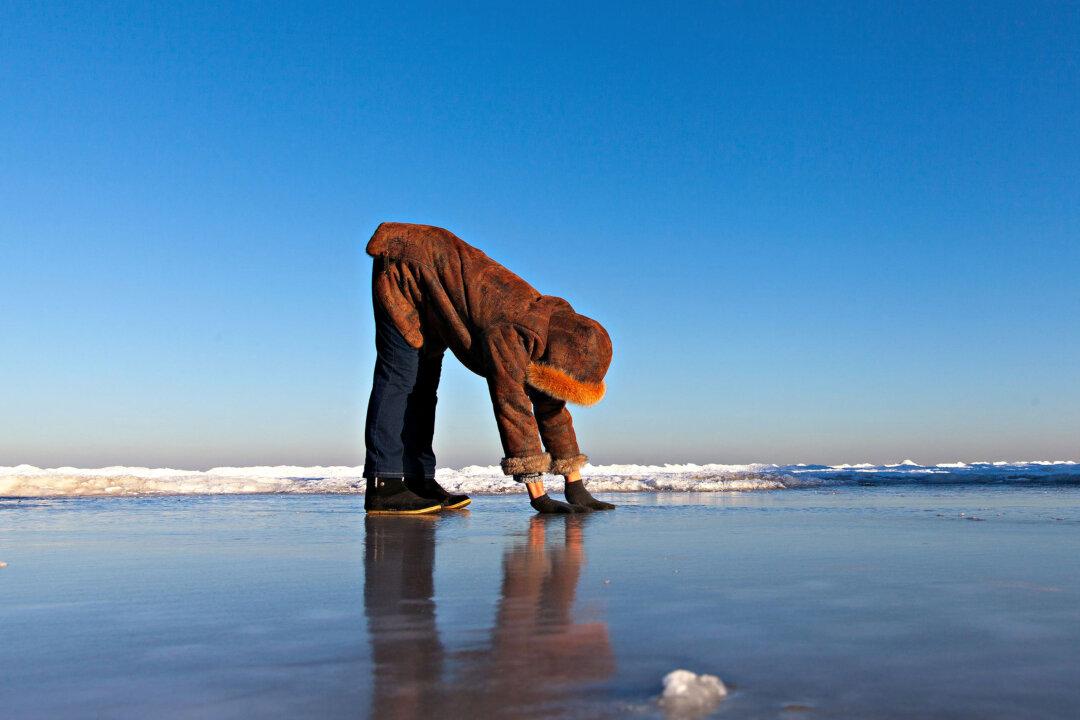Here’s the thing about stress. It seems that more often than not, standard suggestions to relieve your stress involve something that you have to do, like taking a yoga class, learning to meditate, or taking up a hobby. These are all great ideas, but they also mean carving out more time from your schedule, learning how to do something new, or trying some activity that may further complicate your life.
Stress Relief Doesn’t Need to Be a Task
If you're stressed and overwhelmed, these are some of the easiest ways to find relief

Tapping into your creative side is a great way to unwind and feel better. Dzhafarov Eduard/Shutterstock
|Updated:



